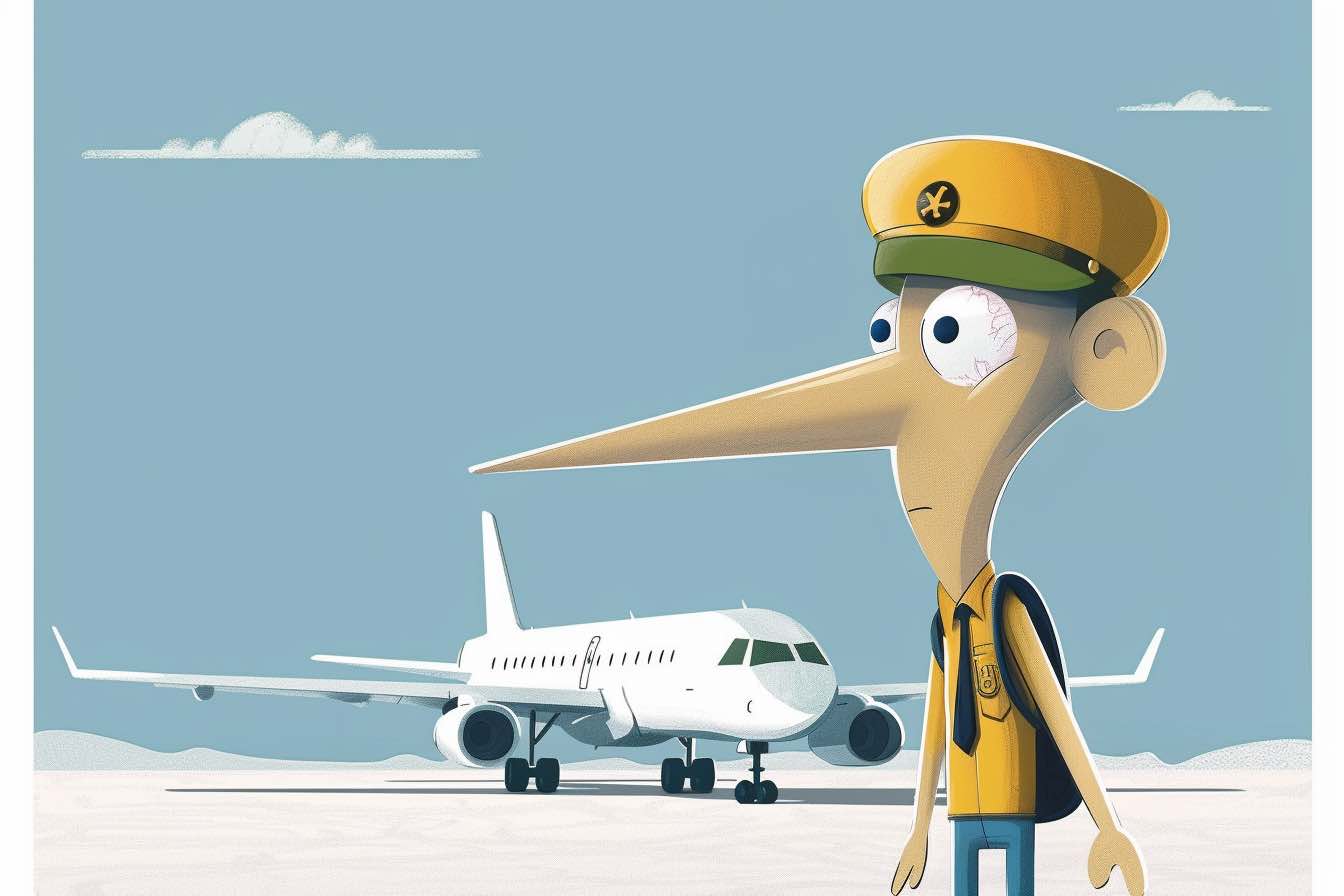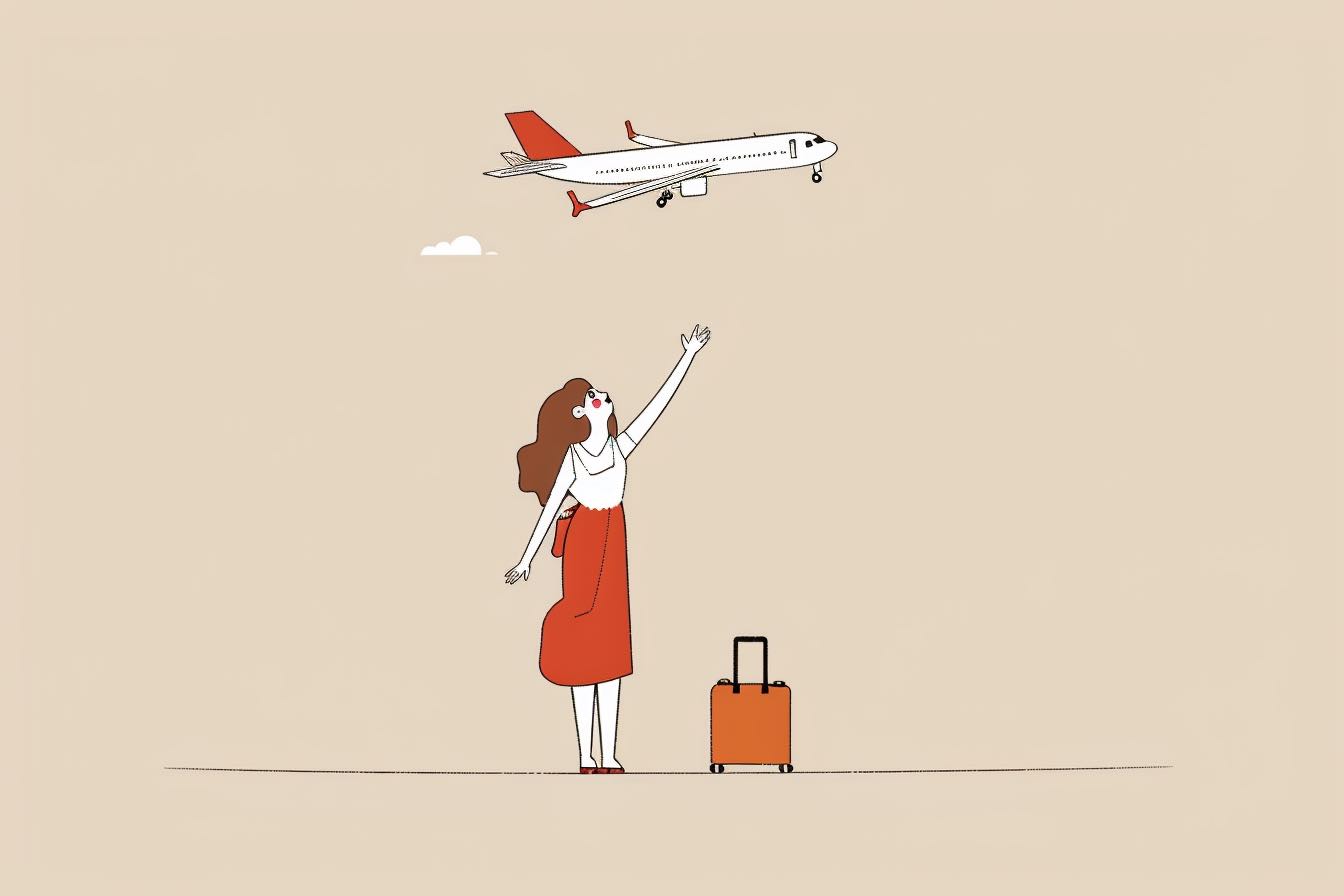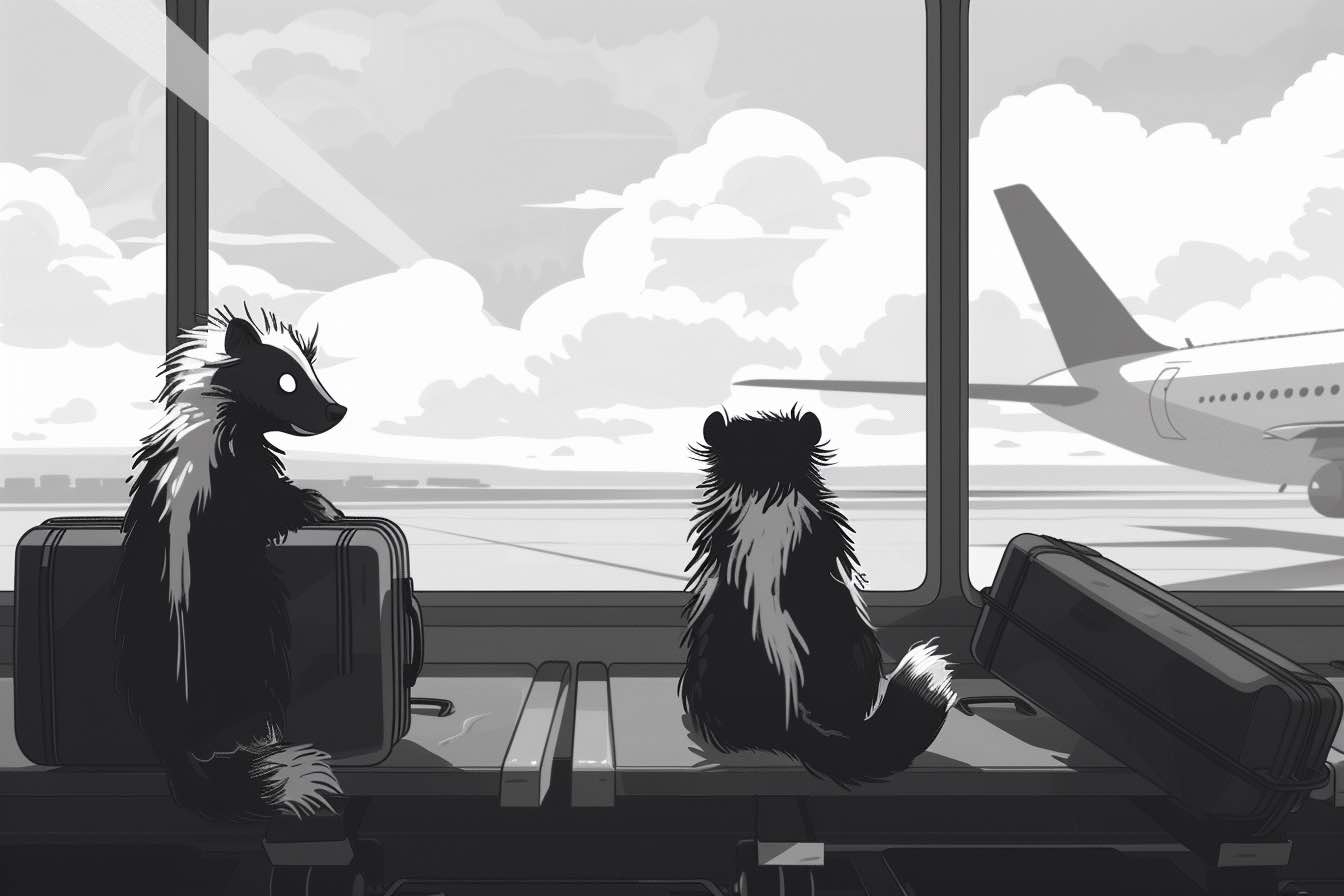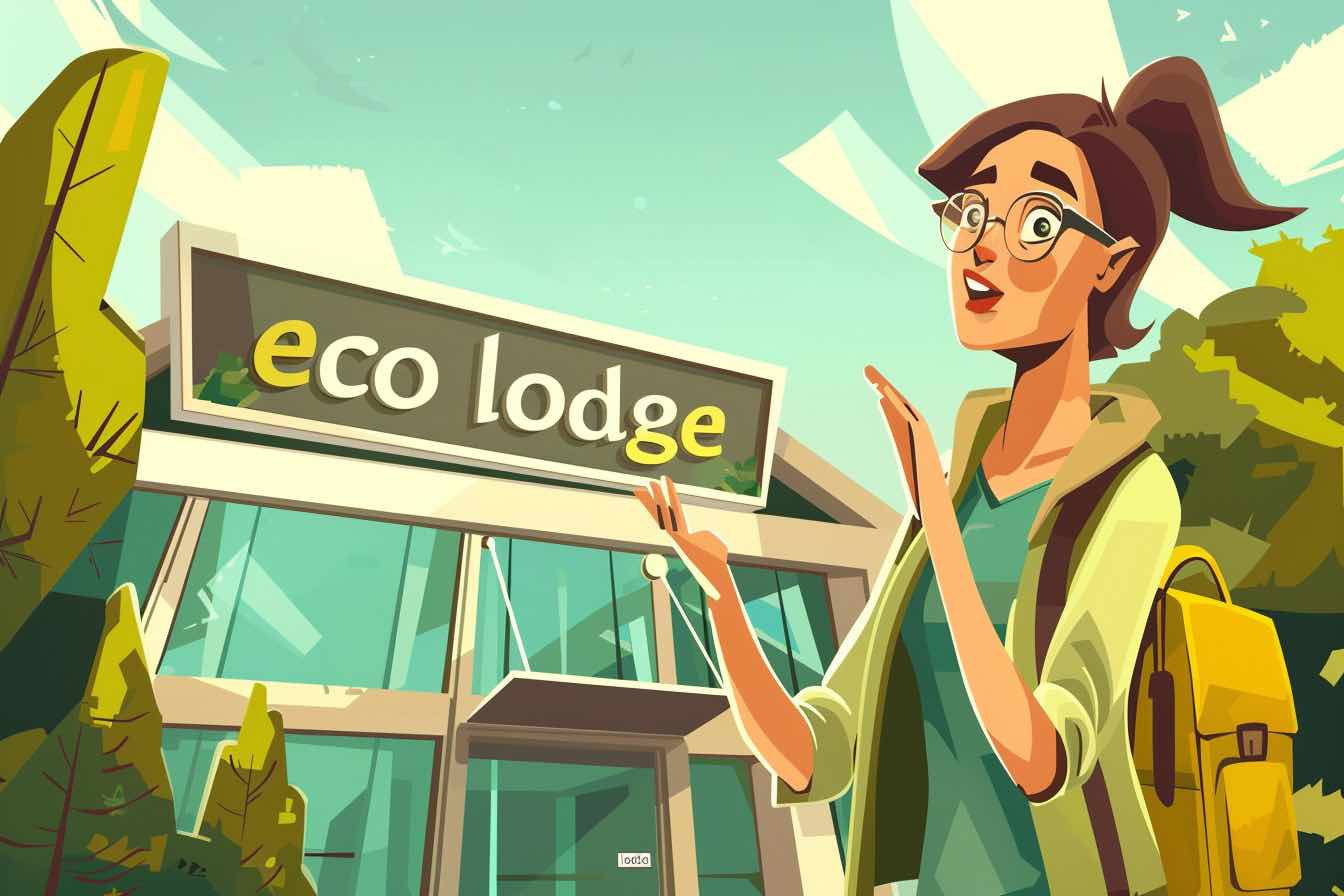It’s more than a decade since the airline industry, led by a then-ailing American Airlines, quietly stripped the ability to check your first bag at no extra cost from the price of an airline ticket — an act given the antiseptic name “unbundling.”
Other airlines eagerly joined American in separating their luggage fees from base fares. They’ve steadily raised their prices since then. Last month, they upped their checked baggage fees to an average of $40, a new record.
Passengers have accepted the new fees with resignation. Experts say that’s proof that unbundling was the right move. An airline ticket doesn’t have to include a “free” bag or a meal, no more than a hotel room should come with the ability to use the hotel’s exercise facilities, or your rental should cover the cost of a license plate.
Well, the experts are full of it.
The fees were a lie
Airlines claimed they were responding to consumer demand for lower fares when they unbundled the cost of luggage from the base fare. That’s a half-truth.
Passengers never asked airlines to unbundle their fares. (If they did, then Southwest Airlines would caved to the pressure a long time ago.)
Instead, airlines were responding to consumer demand for lower fares. Specifically, passengers didn’t want to pay anything for their tickets.
Who gave them the idea that an airline ticket should be free? (Related: American Airlines downgraded us. Can I get the fare difference refunded?)
Why the airlines did, of course. Loyalty programs constantly offer program members “free” tickets in exchange for their travel dollars.
So airlines were whispering in one ear that you shouldn’t pay much — or anything at all — for your ticket. And they were telling you that you asked for a “choice” in what to pay for. But you did no such thing.
How clever.
There’s no convincing evidence that airlines lowered their prices when they unbundled, which is what should have happened. Instead, they just added new fees to their rates, undermining their argument that they were helping you. Helping themselves to more of your money is more like it.
The numbers are truly staggering: Airlines collected a record $33.3 billion in baggage fees last year. Other sectors of travel are doing their darnedest to emulate this so-called success.
Consumer concerns over unbundling
There’s a growing sense that unbundling, at least the way the travel industry has done it, isn’t right. Not only did the airlines implement these extras in a dishonest way and then resort to telling half-truths when explaining them to their customers, but they also often fail to adequately disclose unbundled fees before a purchase.
“People want it to be fair,” says Sally Greenberg, executive director of the Washington-based National Consumers League, “and many of these fees aren’t fair.”
That’s not how travel companies see it, and they’ve done a masterful job convincing some customers that travelers want it this way. (Related: American Airlines changed my flight. Can I get my money back?)
Toni Vitanza, a flight attendant for a major airline and a regular reader of this column, sums up the argument as a question: “Why should I pay, built into my base fare, for your headphones, cocktail, meal or, for that matter, for your checked bag when I actually know how to pack a real carry-on that fits under the seat in front of me?” (Related: What’s wrong with air travel.)
When hidden fees cross the line
Of course, there are degrees of deception. Convincing travelers that their seat shouldn’t include an unpalatable airline meal is fairly easy. A confirmed seat reservation? That’s a little harder.
How about paying a mandatory “resort” fee to use the pool or get “free” Wi-Fi? Good luck.
“Resort fees are a major scourge,” says Glenn Haussman, a hotel industry podcaster “I hate them with a passion, and they will not take them off even if you never use the pool or gym, which I usually can’t because I am attending a conference and working too hard.”
When does unbundling go too far? (Related: A 20 percent credit for my American Airlines tickets? That’s insane!)
When common sense tells you it’s wrong, say travelers. “It’s like a restaurant charging you for the use of glasses, plates and the table,” says Lillian Mizrahi, a talent consultant from Los Angeles. “Where does it end?”
Shifting consumer priorities
Jay Sorensen doesn’t think it will end, and says we’re partly to blame. And he ought to know. His consultancy, IdeaWorks, advises airlines on how to maximize ancillary revenue.
“The trouble actually lies with the consumer,” he says. “Everyone says they will pay more for better service. But this rarely occurs in actual practice. I’d guess 75% of consumers today look for price first and last, 20% consider other product attributes and the final 5% always go with the best product regardless of price. If you are an airline, that’s a challenge, and it explains why most simply go the route of price.” (Here’s how to get a refund on a non-refundable airline ticket.)
Sorensen is right. Actually, we’d rather not pay anything for travel, which partially explains why it’s so easy to be seduced by loyalty programs and the promise of a “free” ticket or hotel room. But that doesn’t necessarily mean we expect an airline seat to come without the ability to carry a bag on board (sorry, Allegiant and Spirit) or that we have to pay an extra fee so our car rental company can dispose of its tires.
It’s clear that unbundling is here to stay. But we don’t have to accept it in its current form. Travel companies have to clearly disclose fees up front when they’ve engaged in this creative and lucrative product-parsing exercise. In the end, it’s probably up to the government to define what is — and isn’t — included in an airline ticket, a hotel room and a rental car. Too bad it had to come to this.




